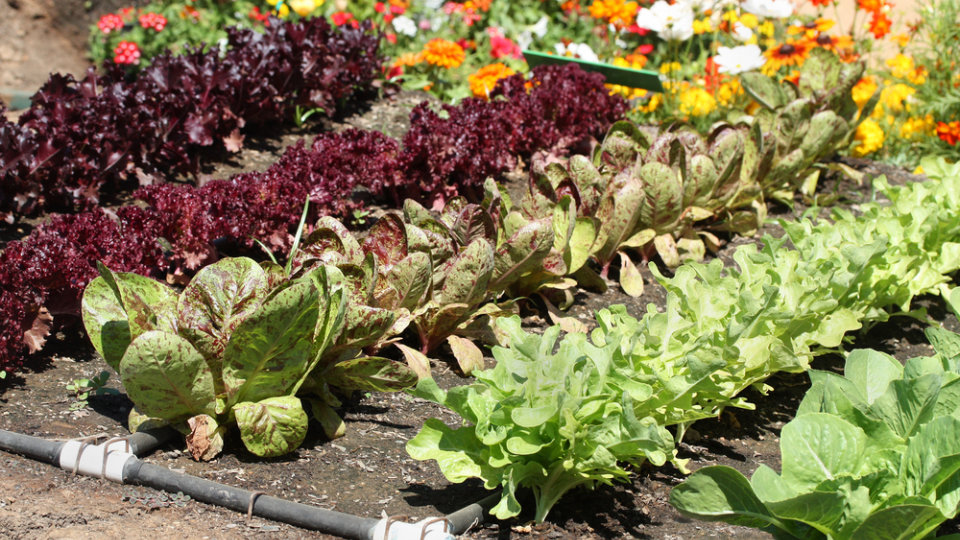Keeping a garden lush all summer is a lot of work. You’re traveling. You’re busy. It’s hot out there. But technology offers the equivalent of a remote control watering can that you control from the couch. Here’s how to wire up your yard to keep it thriving when you can’t get out back to do it yourself.
Irrigation at the most base level is just a series of tubes. They’re channels and pipes that carry water from one location to another. To automate their performance, the key is controlling the valves.
Being the 21st century and all, water valves have evolved beyond the lefty-loosey-righty-tighty hand-turned models that populate most yards. The inclusion of a 24-volt actuator means that the automatic in-line valve offerings from companies like RainBird, Orbit , or Toro will open and close themselves when a charge is applied.
These, however, are designed to work with only basic timer systems. They don’t think for themselves. To do that, you need a control module that can be rigged into a home automation system, which can activate the sprinkler solenoid valves. The EZFlora Sprinkler Controller, for example, is an internet-connected 24v acutator panel that works with both the INSTEON andX10 command systems. When used in conjunction with a Home Automation Gateway, you can control the timing, duration, and other irrigation functions from any web browser.
The home automation route is a solid choice, but it gets expensive. For many people, dropping two bills on a HA Gateway alone just isn’t feasible. It might seem easier, while you travel, to ask a neighbor to come by and grab a hose. Luckily there is another, less expensive option—you can build your own automatic watering system from the ground up.
Guido Socher of Tuxedo Graphics has written a comprehensive walk-through for constructing such a system. It employs PCB boards and a small digital temperature sensor to measure soil humidity and temperature. This data feeds back to a pre-built Ethernet board that the company sells (though you could solder your own if you really wanted to). The Ethernet board can then activate the water—either a small, submersible water pump for indoor plants, or a 24V sprinkler valve for outdoor use. This option is better for more technically-inclined users—there is a fair amount of programming and modding needed to make all these separate parts play nice. But you already did the tough work with your shovels—how hard could it be to tinker with a few circuits?
Via: Gizmodo













